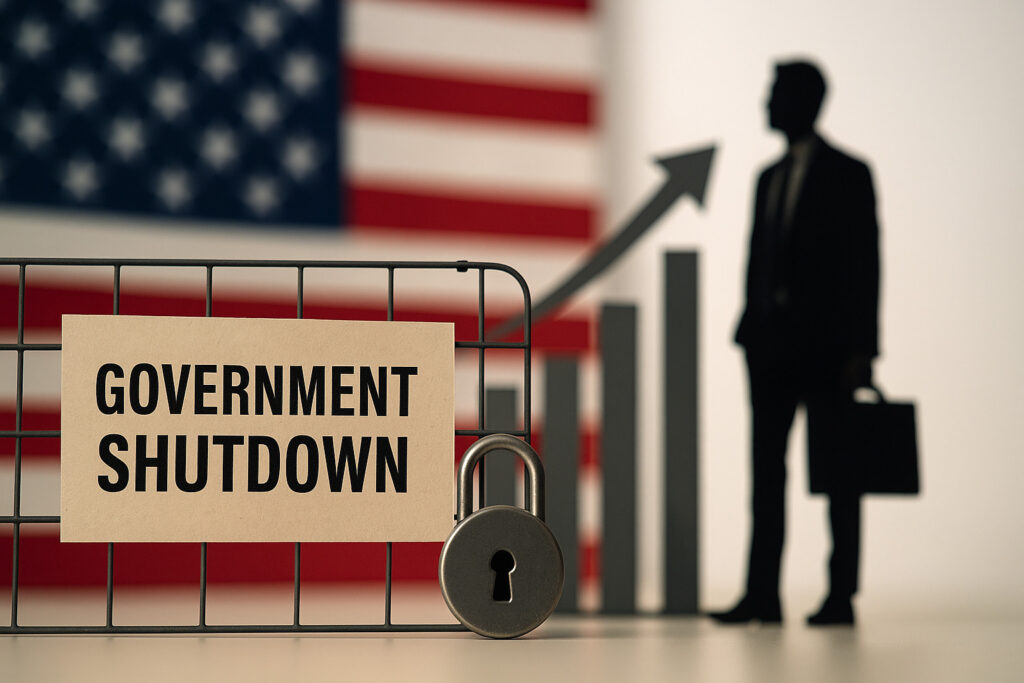🇺🇸 How the U.S. Government Shutdown Impacts Startups: H-1B Visas, Funding, and Growth

The U.S. government entered a shutdown on October 1, 2025, after lawmakers failed to reach a budget agreement.
As a result, several federal agencies have partially or completely halted operations.
While headlines often focus on politics, the reality is that a prolonged shutdown could directly disrupt startups, foreign talent hiring, and the overall innovation ecosystem.
🛂 Immigration: Extensions Continue, New H-1Bs on Hold
For startups dependent on global talent, the biggest challenge comes from immigration.
The U.S. Citizenship and Immigration Services (USCIS), which is primarily fee-funded, continues to process many applications, including H-1B visa extensions and status changes.
However, new H-1B petitions require Labor Condition Application (LCA) certification from the Department of Labor (DOL).
With the DOL shut down, LCAs cannot be issued, effectively halting all new H-1B filings.
This means existing employees can extend their status, but startups planning to onboard new international hires will face immediate delays.
💰 Delays in Funding and R&D Programs
The shutdown also disrupts the flow of government-backed funding.
- Small Business Innovation Research (SBIR) grants and other federal R&D programs are paused, creating cash flow challenges for research-heavy startups.
- Federal contracts, especially in defense and energy sectors, face delayed payments, impacting startups relying on government partnerships.
📊 Economic Uncertainty
Another consequence is the suspension of critical federal data.
For example, the Labor Department’s jobs report has already been delayed, leaving investors and founders without reliable indicators for decision-making.
This lack of transparency may cool venture capital activity and weaken fundraising conditions.
🌐 Conclusion
The 2025 U.S. government shutdown is more than a political standoff—it’s a direct business risk. Startups now face a triple threat:
- Talent acquisition hurdles due to new H-1B delays
- Funding bottlenecks from paused grants and contracts
- Uncertainty in capital markets as economic data disappears
If the shutdown drags on, it could erode confidence in the U.S. innovation ecosystem and slow the pace of growth for startups that depend on agility and access to global talent.